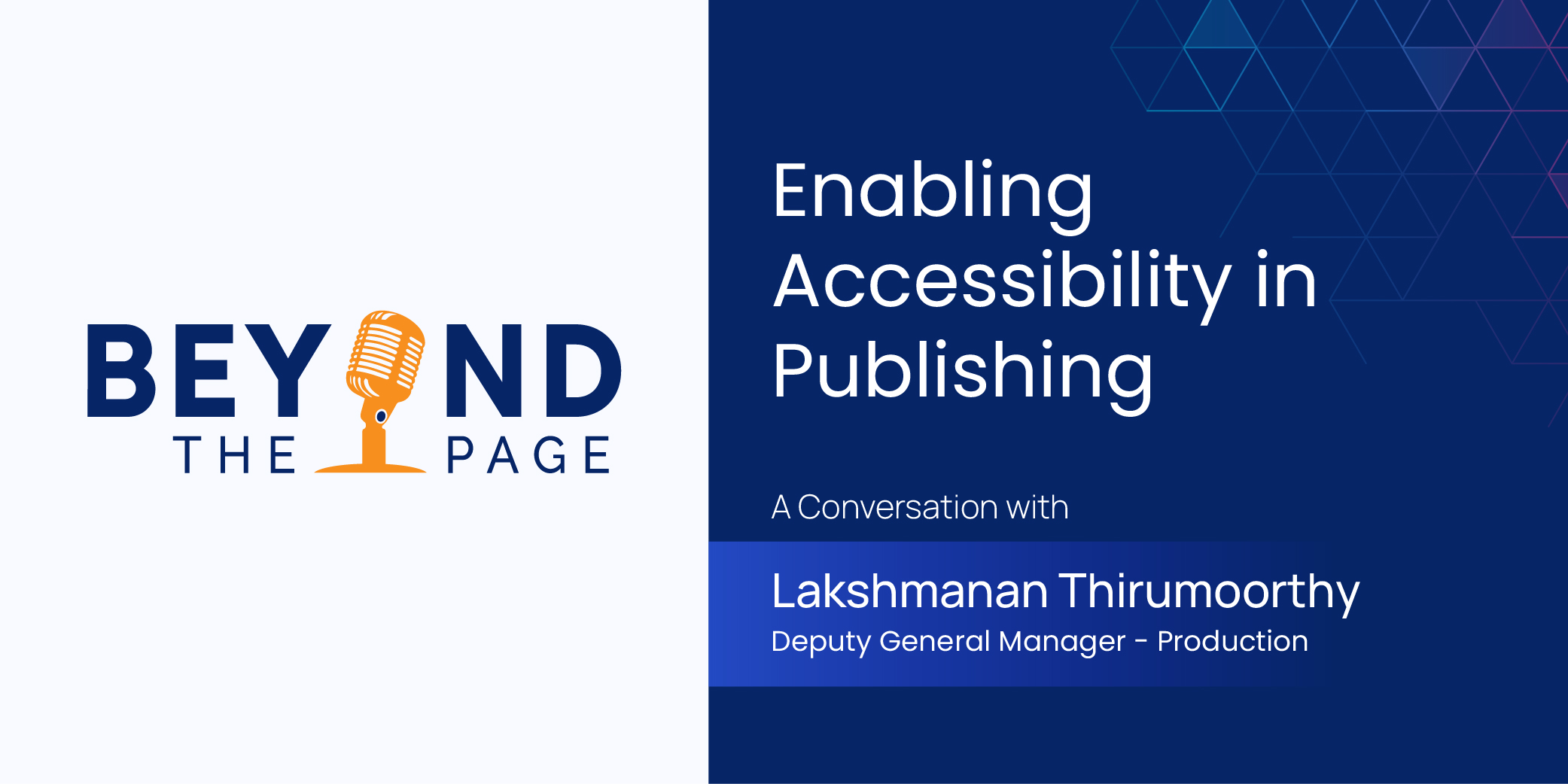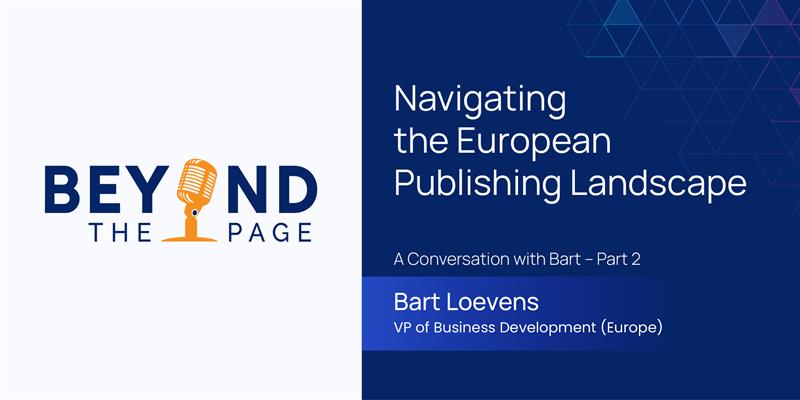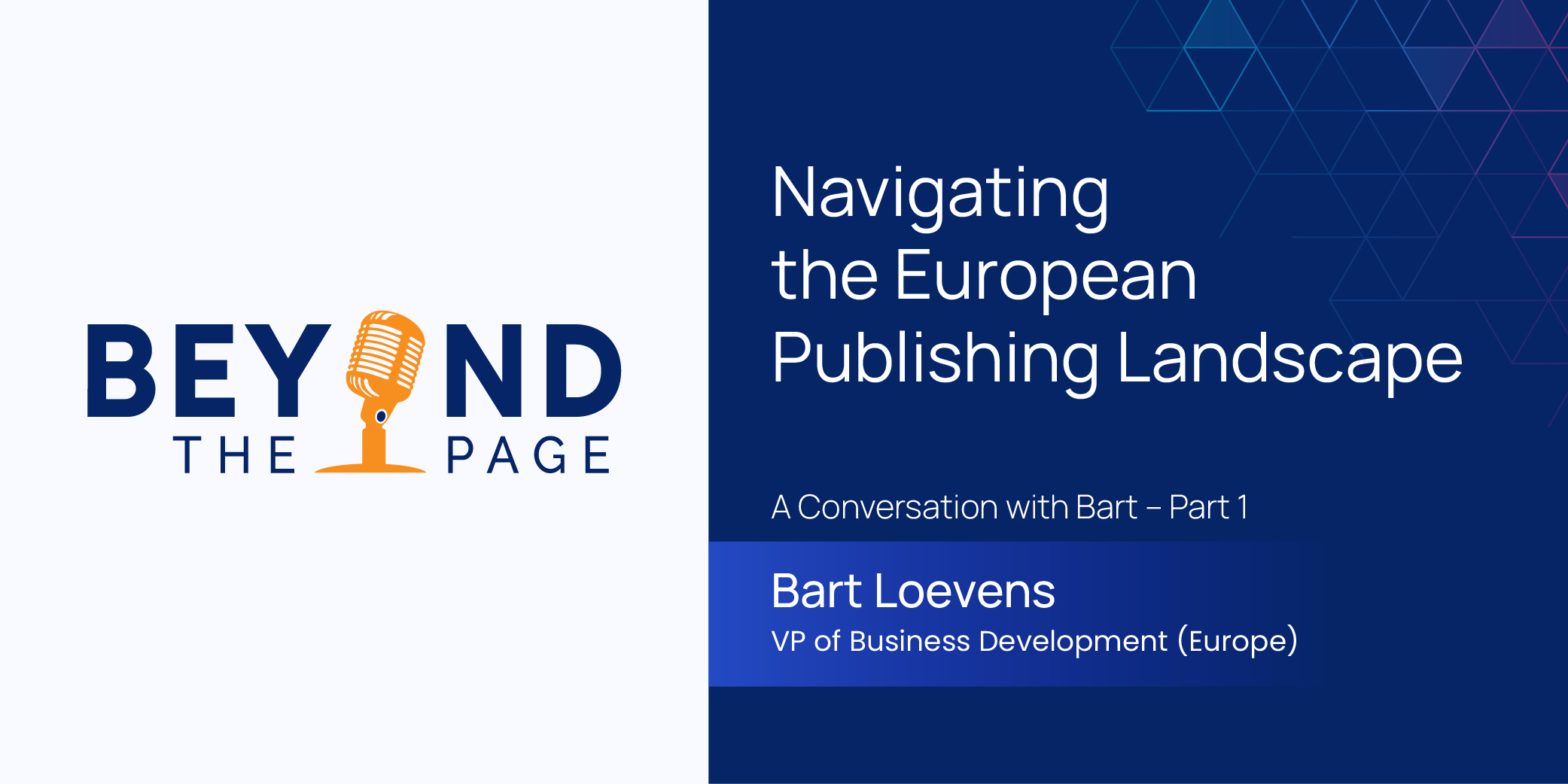Transforming Journal Publishing with an AI-Driven Content Assessment Platform

Advances in technology have made academic publishing more efficient, accessible, and impactful for readers, researchers, and publishers. Advanced digital platforms accelerate the navigation of the entire publishing process, from research to writing, submissions, peer review, design, and distribution. AI is empowering the scholarly publishing industry in multiple ways:
- Automating repetitive tasks to free up time that can be better utilized.
- Aligning content and authors with journal and publisher guidelines to facilitate scholarly collaboration.
- Assisting in the assessment of the novelty and accuracy of research to ensure high-quality outcomes.
- Journal content assessment platforms equipped with AI and ML enrich all aspects of scholarly publishing. Here’s a look.
Language and Grammar Assistance
AI language assessment tools perform seamless language and grammar analysis. They flag inaccuracies and assist non-native English writers attain competitive language standards. Taxonomy and ontology analysis improves consistency in statistical reporting, while syntactical and semantic analysis ensures linguistic accuracy. This also ensures adherence to journal/publication guidelines. Plus, AI tools ease regulatory compliance right from the manuscript creation stage.
Enhanced Review Process
The foremost responsibility during peer review is identifying academicians most suited for the specific scholarly content. AI-based journal content assessment platforms are integrated into the publishing workflow. They match the expertise and availability of users with the subjects and deadlines of the paper. Therefore, AI helps find the best-fit peer groups for review purposes and also notifies all members of their assignments to ensure timely submissions. Facilities to create and share knowledge graphs enhance both peer and editorial reviews and accelerate proofreading at a scale. AI can analyze reviewer feedback to identify potential biases, such as gender or institutional biases, and address them to ensure fair and objective evaluations.
AI-powered tools can automatically screen submitted manuscripts for adherence to journal guidelines and basic formatting requirements. By filtering out improperly formatted or irrelevant papers, the peer review process becomes more efficient for both authors and reviewers. With AI automating various aspects of the review process, the time taken for peer review is significantly reduced.
Data Mining and Analysis
Machine learning-based pattern analysis and anomaly assessments ensure data integrity. This improves the quality, accuracy, and reliability of the data. NLP and machine learning models identify missing citations and stylistic issues ahead of the manual review process, preventing non-necessary manuscript movement. Early identification of content manipulation, research inaccuracies, research gaps, and unlicensed use of copyrighted materials minimizes retractions and prevents reputational damage. Furthermore, researchers can analyze large amounts of data (often referred to as Big Data) quickly, which helps them make better inferences and discover insights than with manual analysis.
Enhanced Metadata Management
AI is empowering decision-makers to unleash the full potential of massive data in complex business ecosystems. It offers deep insights using metadata-driven warehousing. AI automates metadata extraction and the development of data schemes, accelerating the creation and enhancing the maintenance of metadata. AI-powered algorithms can automatically extract relevant metadata from research articles, including author names, affiliations, abstracts, keywords, and publication dates. This saves time for publishers and authors, ensuring accurate and standardized metadata. Additionally, advanced tagging and anonymization help enforce privacy and security restrictions.
Content Discovery and Recommendation
Appropriate meta-tagging and enhanced metadata management, along with content optimization with the help of analytics, boost paper discovery and reachability. Metadata automation also helps in automating paper summary creation and refining copies to share with diverse audiences. Additionally, using AI-based analytics to identify market trends and predictive analyses to discover upcoming user needs is a great way to plan future content. Researchers can explore related articles within a specific domain, enabling interdisciplinary collaborations and a deeper understanding of subjects. AI-powered tools use bibliometric approaches to enhance the dynamic searchability and archival of manuscripts.
AI-powered scholarly content assessment platforms benefit researchers and publishers alike by facilitating fast and accurate access and analysis of data and manuscripts. Contact Integra to learn more about leveraging AI to transform the academic publishing process.
News & Insights

Enabling Accessibility in Scholarly Publishing – A Conversation with Lakshmanan Thirumoorthy

Navigating the European Publishing Landscape – A Conversation with Bart – Part 2

